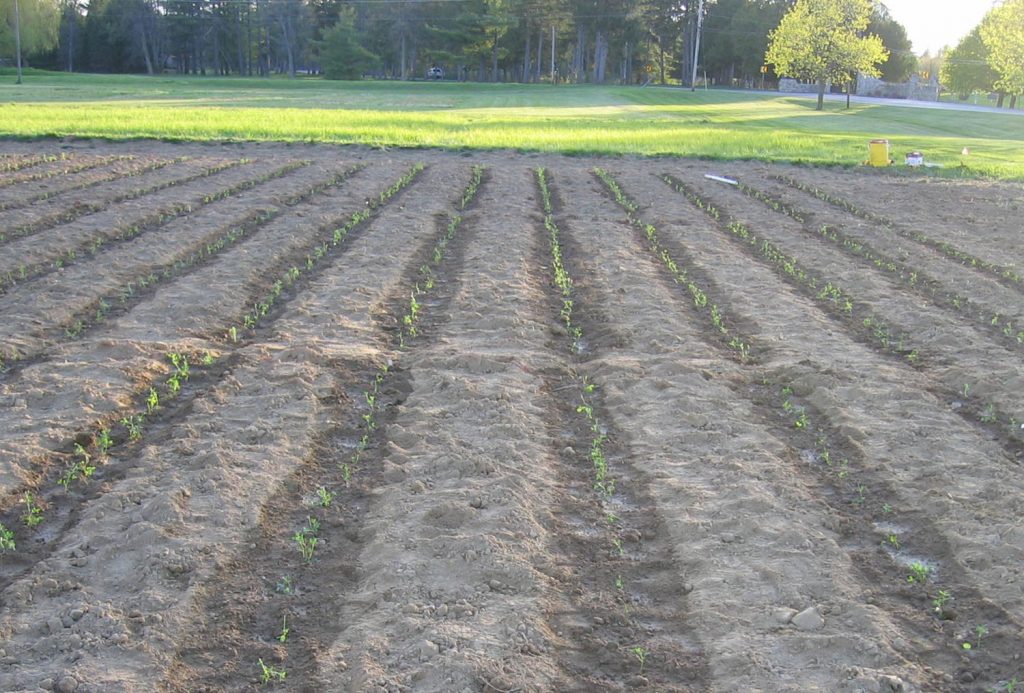
Winter weather in recent years has created a variety of conditions for Cornell University researchers evaluating the cold weather hardiness of alfalfa crops. At the request of the farmer-driven Northern New York Agricultural Development Program, Dr. Julie L. Hansen and Dr. Donald R. Viands of the Cornell University School of Integrative Plant Science are evaluating carefully-selected alfalfa varieties in trials at the W.H. Miner Agricultural Research Institute in Chazy, NY. The preliminary results of this research have been recently posted at nnyagdev.org.
‘The harsh winter conditions typical in Northern New York make winter survival an essential trait in alfalfa variety selection for regional growers,’ says Hansen.
‘The ultimate goal of this research is to lesson winterkill losses of alfalfa, thereby reducing the money and time farmers lose to forage loss and reestablishment costs for this valuable perennial crop that feeds the dairy and livestock industries,’ notes Viands.
Growers have traditionally planted alfalfa varieties that produce less forage after the final harvesting of the growing season and prior to the onset of winter as those varieties have a typically shown better winter survival. Forage breeders, however, are working to develop alfalfa varieties that will produce both more forage into the fall season and have improved winter survival.
Data on the fall dormancy and winter survivability of six alfalfa varieties planted in 2015 and 2016 at Chazy is being correlated to the National Alfalfa and Miscellaneous Legume Variety Review Board standards that require winter survival ratings collected over either two years or two locations to be averaged.
The combined two-year evaluation of the 2015 and 2016 alfalfa trials in Northern New York creates a baseline index to help growers make a more well-informed decision about which alfalfa varieties might work best for their growing conditions and micro-climate areas.
To add to their data set, Hansen and Viands are separately analyzing the winter hardiness of alfalfa populations planted at Chazy for a brown root rot-resistance trial funded by the farmer-driven Northern New York Agricultural Development Program. That trial experienced a major winterkill in 2012, providing a small sampling of surviving plants for evaluation.
The farmer-driven Northern New York Agricultural Development Program is a research and technical assistance grants program serving all agricultural sectors in Clinton, Essex, Franklin, Jefferson, Lewis, and St. Lawrence counties. Funding for the Northern New York Agricultural Development Program is supported by the New York State Senate and administered by the New York State Department of Agriculture and Markets.

